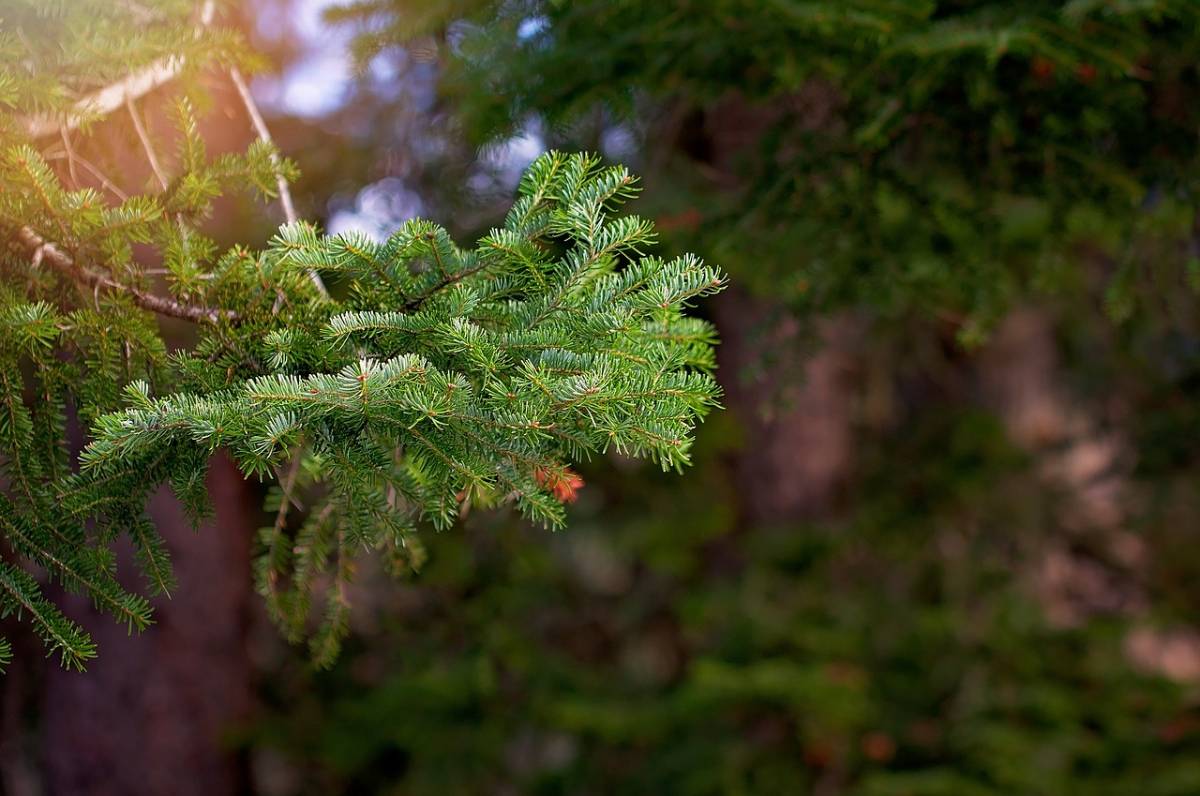If your spruce trees and pine trees are looking stressed, check them for western pine or ips beetles. Horticulturalist Joe Julian at the Colorado State University Cooperative Extension writes that ips beetles favor damaged or recently transplanted trees, but in times of heavy infestation, they will attack healthy spruce and pine trees. Denver tree pros recommend that homeowners treat their valuable pine and spruce trees now to kill off beetles emerging for their spring flight.
Also called engraver beetles, these pests embed themselves in tree bark and gouge the wood beneath. They’re small, about ⅛ to ⅜ inch long, reddish-brown to black, with a depressed cavity and spines at the rear end of the body. Eleven species of ips beetle are native to Colorado and each species prefers a specific type of spruce or pine. They breed fast, with two to four generations occurring within a single season.
To verify whether a tree is infested the Colorado State University Extension and Colorado State Forest Service suggest looking for these signs:
- The tree fades from the top down.
- Reddish colored boring dust will gather in bark crevices and at the base of the trunk.
- Peel back bark the size of a deck of cards and look for live insects.
- Beneath the bark, look for “Y” or “H” shaped paths or galleries scored into the wood.
- Woodpeckers feeding on the main stem or large branches.
Ips beetles emerge from winter hibernation when daytime temperatures consistently reach 50°F to 60°F and fly from March through November. They attack trees throughout the flight period, although most damage results from the spring flight.
Controlling ips beetle infestations requires vigorous tree growth. However, once a tree suffers infestation, there’s not much the homeowner can to do save the tree. Experts may recommend removing the infested tree.
Confine spraying to prevent infestations to large, valuable trees. (Western ips beetles prefer mature trees with at least a 4-inch diameter trunk (young, healthy trees being usually safe from infestations). Trees stressed by mistletoe, root cutting, wounded bark, soil compaction, drainage changes, drought, iron chlorosis, and infestation by other insects are particularly vulnerable to ips beetle infestation.
Carbaryl (trade name Sevin) and permethrin (trade names Astro, Dagnet) are the preferred chemical for preventative spraying and comes in a variety of formulations, with liquids often requiring dilution with water prior to application.
Protect Your Trees with Iron Treatments
In addition to preventative spraying, ease the stressors that make trees vulnerable to infestation. One stressor that may mimic other problems is iron chlorosis, caused by iron deficiency in high pH soils and evidenced by yellowing leaves. Iron chlorosis must be confirmed by soil testing. If confirmed, the problem can be treated. According to Utah State University Extension/Forestry, a “mixture of equal parts iron (ferrous) sulfate and elemental sulfur can produce lasting results and is relatively inexpensive.” Soil treatments may be less expensive than foliar sprays, but take action more gradually and result in a thorough treatment.
The certified arborists at your Denver tree service, American Arbor Care can assist homeowners with assessing and diagnosing the needs of their trees and perform deep root fertilization, insect treatment, and disease management. As licensed tree care professionals, our arborists are licensed in the application of pesticides. Call (303) 639-8584 to get your estimate started.

